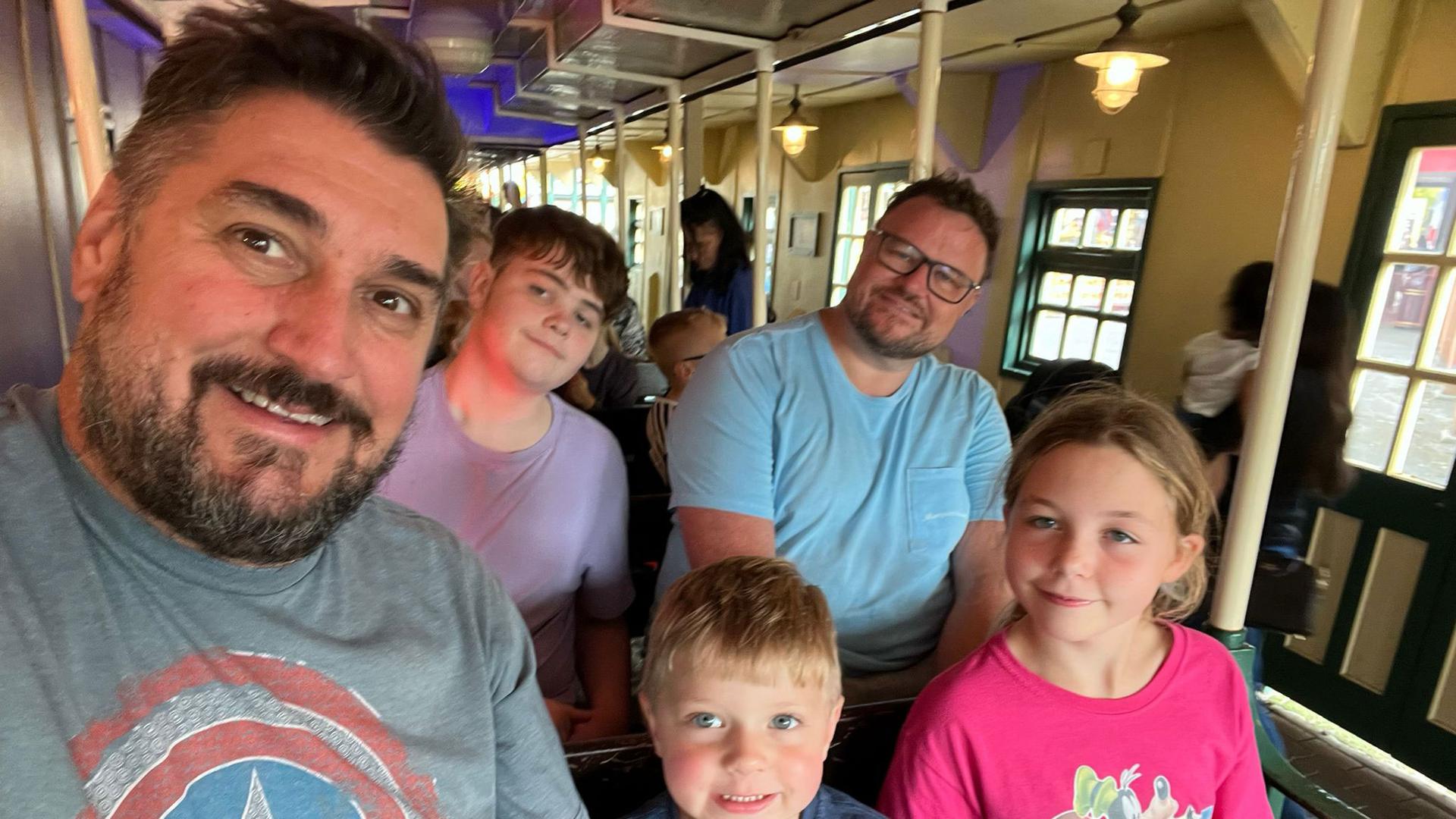Finding a surrogate in the United Kingdom is a little like a dating game, said Brett Griffin Young, the father of three children.
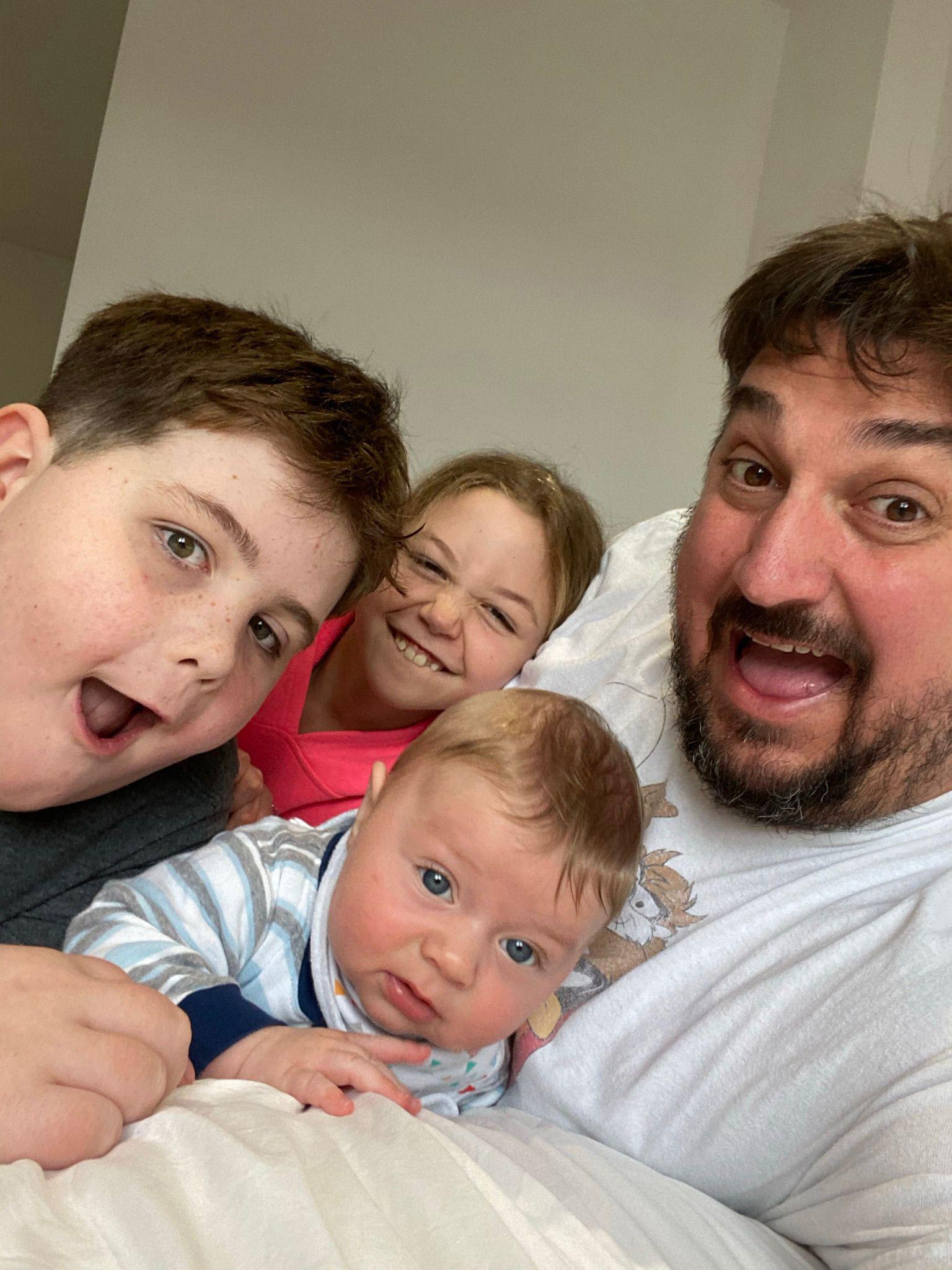
Two of his three children were born through surrogacy.
In Britain, paid surrogacy is illegal. Griffin Young and his partner in Nottingham struggled to find someone who would have their child for purely altruistic reasons beyond financial gain.
“There are so many intended parents and so few surrogates that you have to really put yourself out there and be as popular as possible to be chosen by a surrogate,” he said.
In the end, the couple used the services of Circle Surrogacy, an agency based in Boston, Massachusetts.
Griffin Young said a call by Pope Francis last week for the practice to be banned raises the risk of stigmatizing children born via surrogacy and their parents, many of whom are same-sex couples or people struggling with infertility issues.
It’s not the first time the pope has spoken out against surrogacy.
In 2022, he called it an “inhuman and increasingly widespread practice” in which “women, almost always poor women, are exploited,” and the children are “treated as merchandise.”
Last week, he said surrogacy was “despicable,” and added that a child should never be “the basis of a commercial contract.”
The following day, the US Conference of Catholic Bishops echoed his statement, saying that surrogacy, in their view, does a “grave injustice” to everyone involved.
Surrogacy is already illegal in Italy where the Pope resides. Last year, the Italian government proposed legislation that would make it a criminal offense for Italian citizens to use surrogates abroad.
Jens M. Scherpe, professor of comparative law at Aalborg University in Denmark, said exploitation can occur — particularly in poorer nations — but banning the practice solves nothing.
“The only thing we achieve is that we remove the exploitation from our own nation where it doesn’t happen to other, very often poorer nations and we have no control over what happens there,” he said.
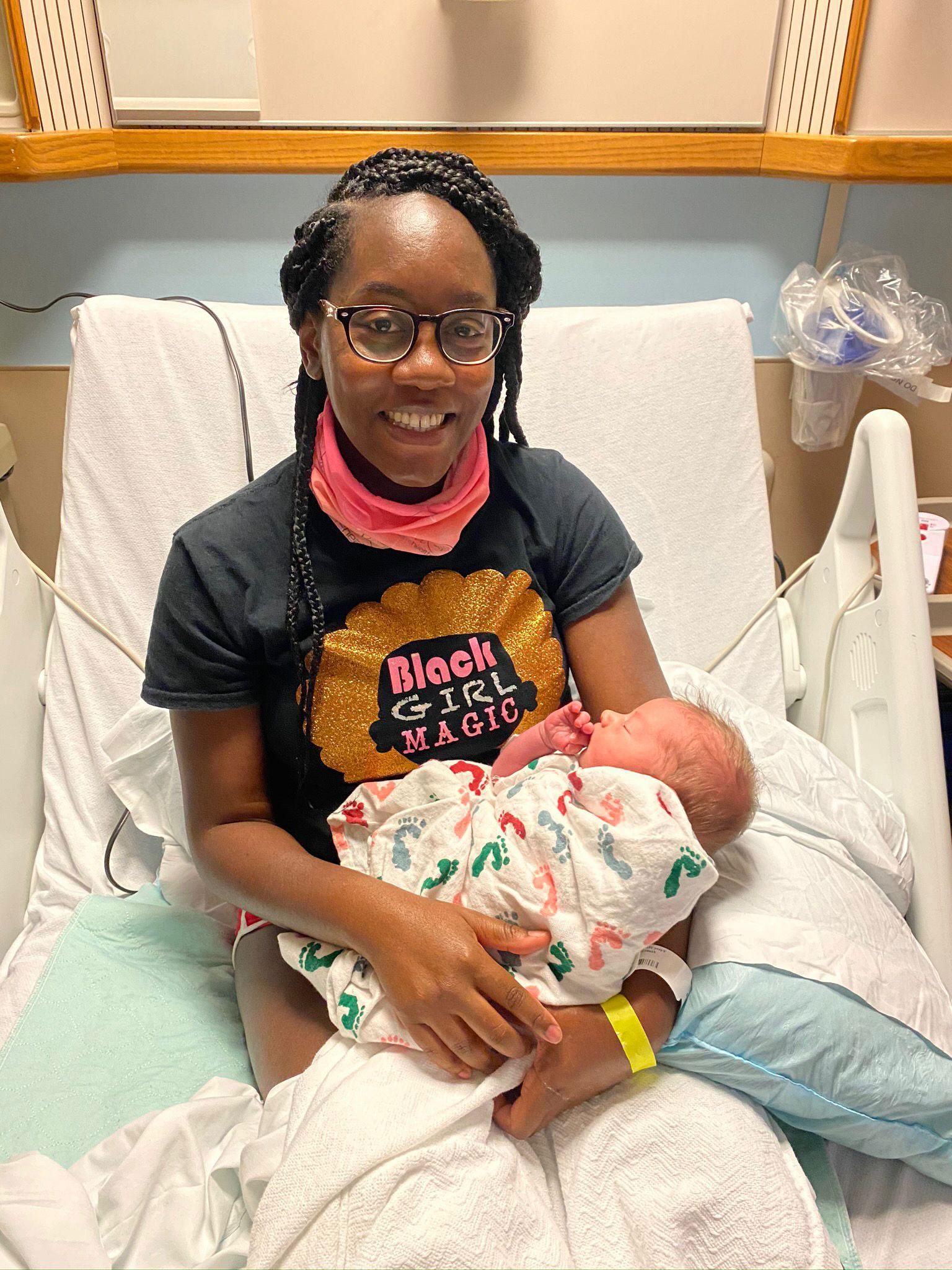
Many couples in Europe use US agencies, although only some US states expressly allow surrogacy, and not all of them allow surrogate compensation. Surrogacy is banned in several EU nations including France, Germany, Italy, Portugal and Spain.
Denmark, the Netherlands and the UK allow “altruistic” surrogacy only — meaning, no money can be exchanged.
Before the Russian invasion in 2022, Ukraine was the world’s second-largest commercial surrogacy market outside of the US. The business has since expanded to Georgia, but last year, the Georgian government announced plans to ban paid surrogacy for foreigners from 2024.
India, once a popular surrogacy destination for foreigners, outlawed commercial surrogacy in the Surrogacy (Regulation) Act of 2021, and blocked members of the local LGBTQ+ community from becoming parents through altruistic surrogacy.
Griffin Young, who now works as an independent surrogacy access consultant in Europe, said when his first child Sebastian was born, the cost came close to $150,000.
He had a good salary working at a bank and conceded that the cost is prohibitive for some. Much of the expense covers medical and legal bills as well as agency fees.
Griffin Young said in the US the surrogate might receive about $40,000 to $50,000. Neither of the women, both living in the US, who carried his two children did it for the money, he said.
“They genuinely wanted to help other people have a family and experience the joy that they have. They love being pregnant,” he said.
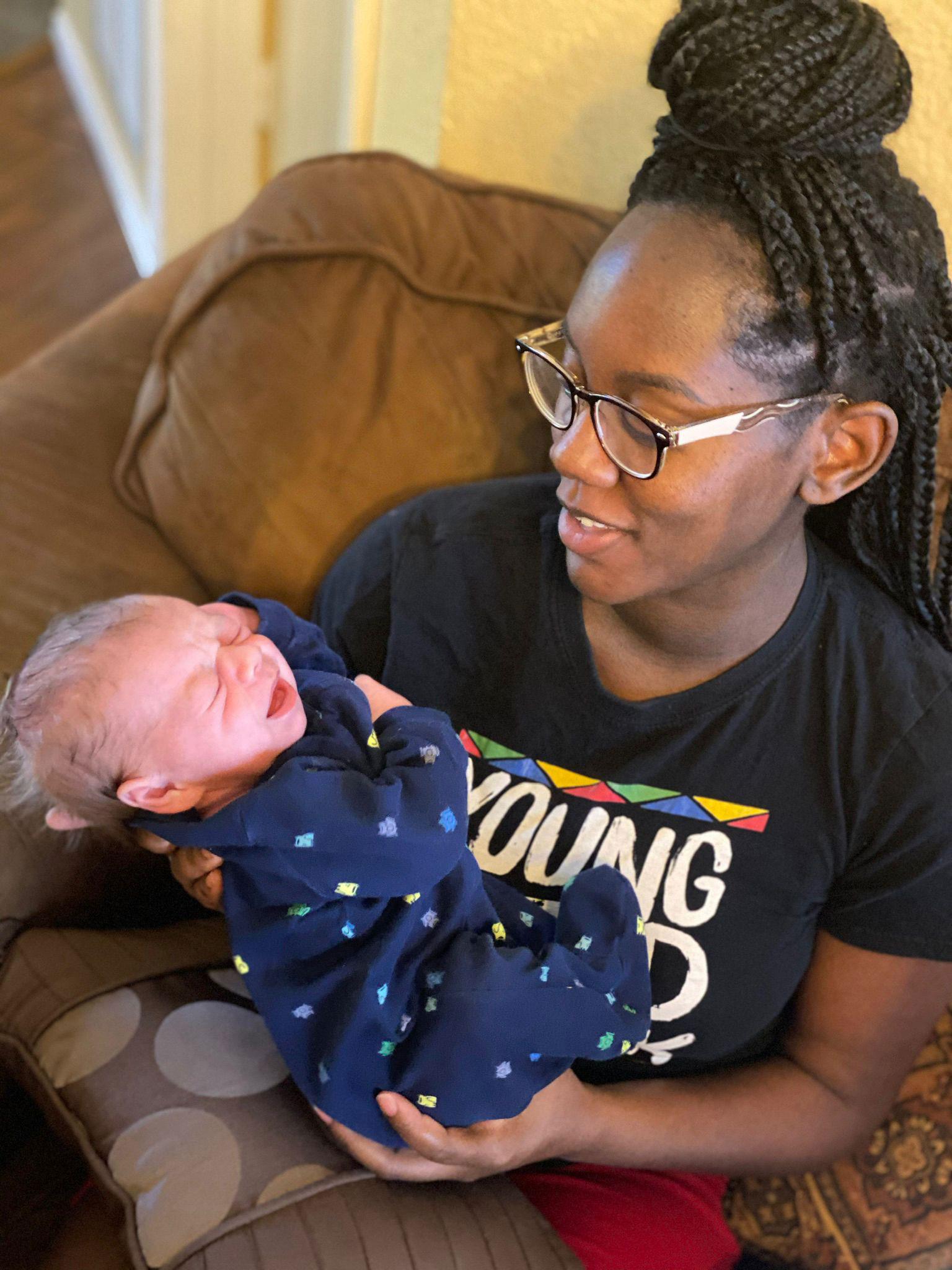
It’s not clear how many children are born each year by surrogacy because many arrangements are private.
Scherpe, who has co-authored a number of books on the issue, said that the numbers are rising.
“Fertility issues are increasing, we are having children later in life and of course for male couples, it’s the only way to have a child together.”
In the US, data from the Centers for Disease Control and Prevention show the number of embryo transfer cycles that used surrogates rose from 2,841 in 2011 to 9,195 in 2019.
Scherpe said the practice has developed into a multibillion-dollar industry. Medical fees in places like the United States are high, he said, but it’s clear some agencies are making a significant profit, particularly in less-developed countries.
The woman sometimes only receives a fraction of the fee. For some women, the question is often surrogacy or poverty, Scherpe said.
“A woman may think, ‘if I do the surrogacy, then my two other children will have a proper life and an education.’”
This is not necessarily a free or autonomous decision, but the solution is not to outlaw the practice altogether, he said. Governments need to look at other ways to tackle poverty so women have other opportunities to improve their lives, he said.
Griffin Young stays in contact with the women who gave birth to two of his children. They exchange messages on social media and the women often send presents on the boys’ birthdays, he said.
“It’s sort of like an extended family.”
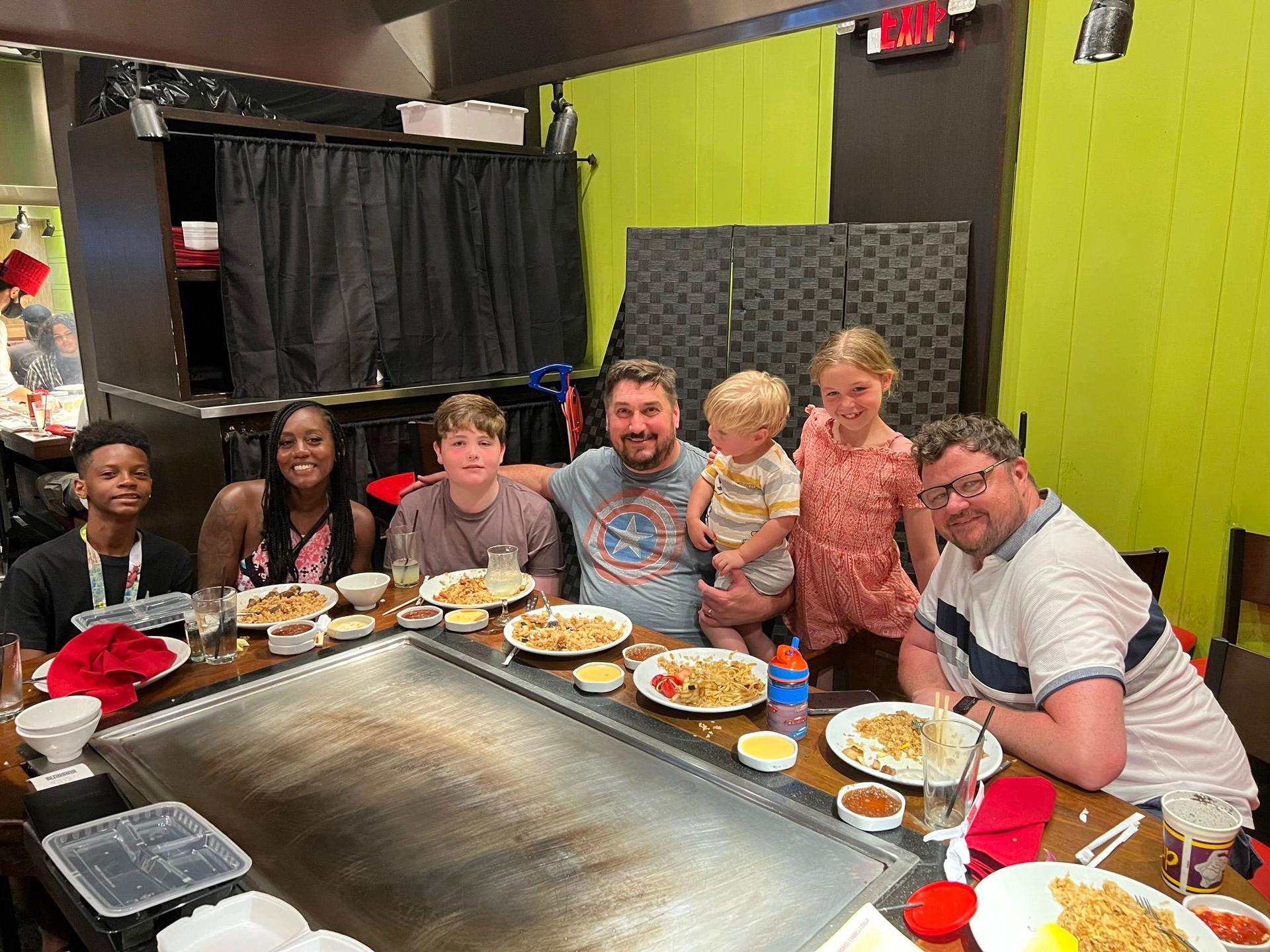
Local attitudes in Nottingham toward his family have been generally positive, if sometimes a little too inquisitive.
“We are often asked questions like, ‘so, which one of you is the dad?’” When they answer that they are both the fathers, people sometimes respond: “You know what I mean, which one of you is the dad?’”
Griffin Young pointed out that people rarely ask a heterosexual couple, “Are you the biological parents of this child?” But as people become more accustomed to non-traditional families, there is also more acceptance and understanding.
And this is why the pope’s comments have been so upsetting, he said.
“I know how it feels when you don’t follow the doctrines,” said Griffin Young, who grew up in a religious household. “You run the risk of losing your parents and your siblings when you live your life in a way that feels right for you.”
The father of three doubts that the pope’s statement will change any laws, but he worries that it might alter attitudes and stigmatize the children born through surrogacy.
The pope made his comments during an annual speech listing threats to global peace, including the war in Ukraine, the Israel-Hamas war and the climate crisis.
“There are so many other things in this world for the pope to be worried about right now,” Griffin Young said.
People need to know about the joy surrogacy can bring, he said.
